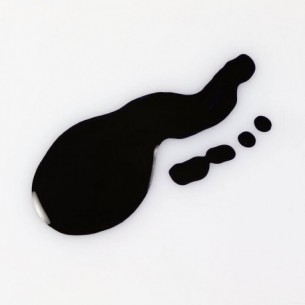Epoxy GC
In this section you will find a good range of gelcoats for the manufacture of reinforced parts and moulds/tools with thermosetting epoxy resins. You will find clear, pigmented or filled with metallic particles epoxy gelcoats.
The epoxy gelcoat is the first layer of resin that is applied to a mould or master model in the manufacture of a composite part or for the construction of a glass/carbon fibre reinforced mould (tool). The gelcoat works as the external coat of one of the surfaces of the laminate, providing protection against chemicals, weathering, humidity or any aggression from the environment. In addition, gelcoats provide an ideal pore-free surface for the subsequent manufacture of parts, in the case of moulds, and is therefore also ideal in aesthetic terms as it allows to obtain pore-free composite parts. Chemically, gelcoats are thermosetting resins with pigments and additives in suspension that allow their application on the surface of the mould, even on vertical walls, without sagging.
In general, they have greater resistance to abrasion, corrosion, the action of UV radiation and temperature changes than their corresponding base resins. Epoxy gelcoats, unlike those made of polyester or vinyl ester, do not present solvents, so they hardly present volumetric shrinkage (1%). This feature allows to apply thicknesses higher than the ones used with first ones, being possible to apply grammages of between 600 g/m2 and 1000 g/m2 for parts or moulds.
Epoxy resins are difunctional or polyfunctional, in terms of epoxy group, and can be formulated with aliphatic or aromatic backbone structures. The vast majority of resins used to make laminating resins are aromatic but are sometimes mixed with aliphatics to give them greater flexibility and resistance to ultraviolet radiation. In general, aromatic type epoxy resins have better mechanical properties than aliphatic ones, but when it is desired to make a transparent or pigmented gelcoat with high resistance to yellowing (UV resistance) then aliphatic epoxy resins are used. This is the case of our Castropox E7UV epoxy gelcoat.
What properties do epoxy gelcoats provide to reinforced plastics?
Color quality and stability. High chemical resistance. Excellent resistance under water and to a multitude of chemicals: no bubbles. Heat resistance. Service temperatures can range from 131 to 481 oF. Abrasion resistance. Absence of surface porosity. High gloss, permanent over time.
 Cookie preferences
Cookie preferences


 Español
Español Français
Français Deutsch
Deutsch Italiano
Italiano Português
Português














